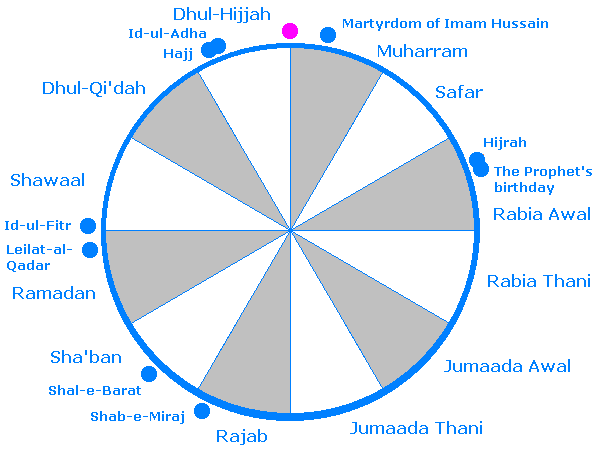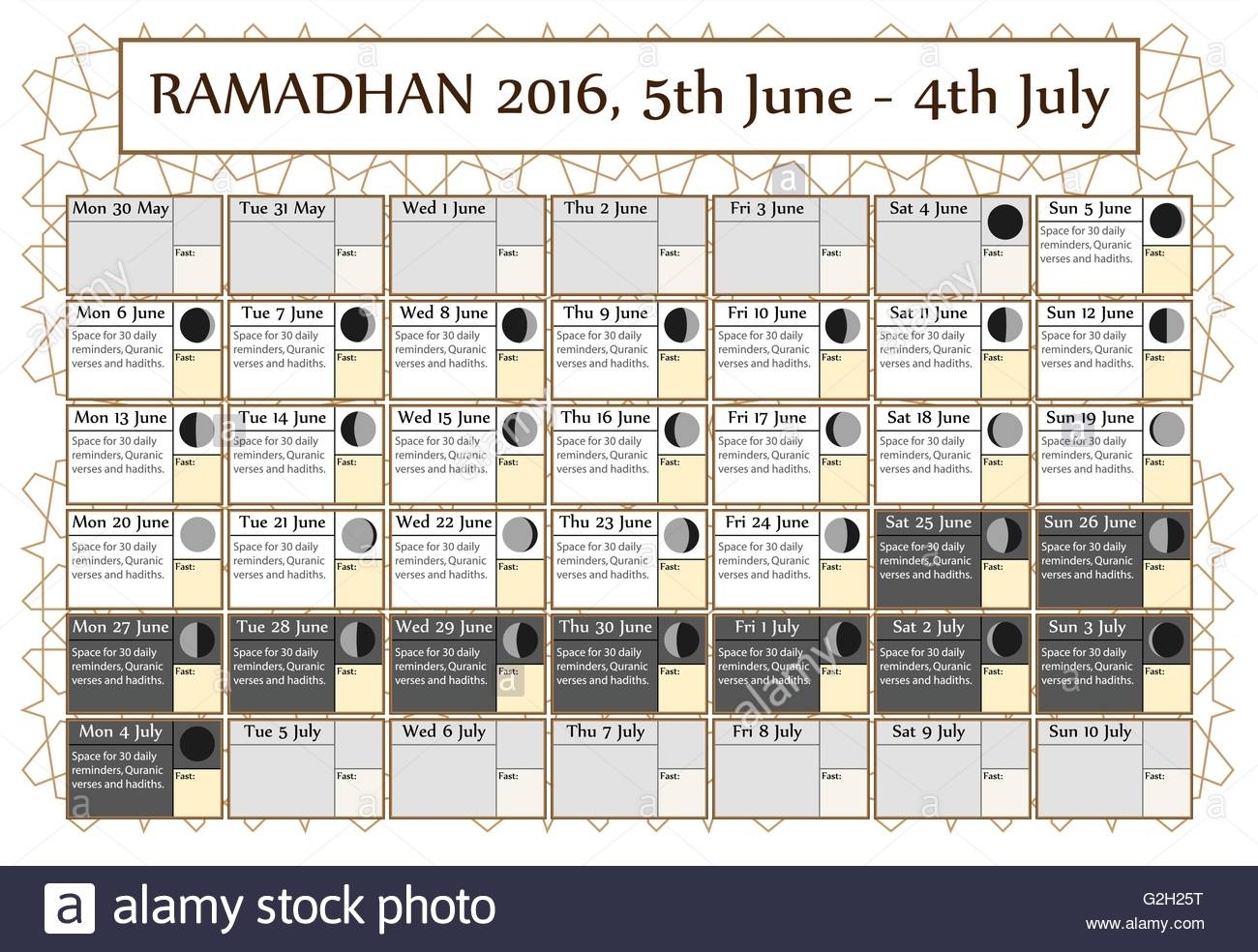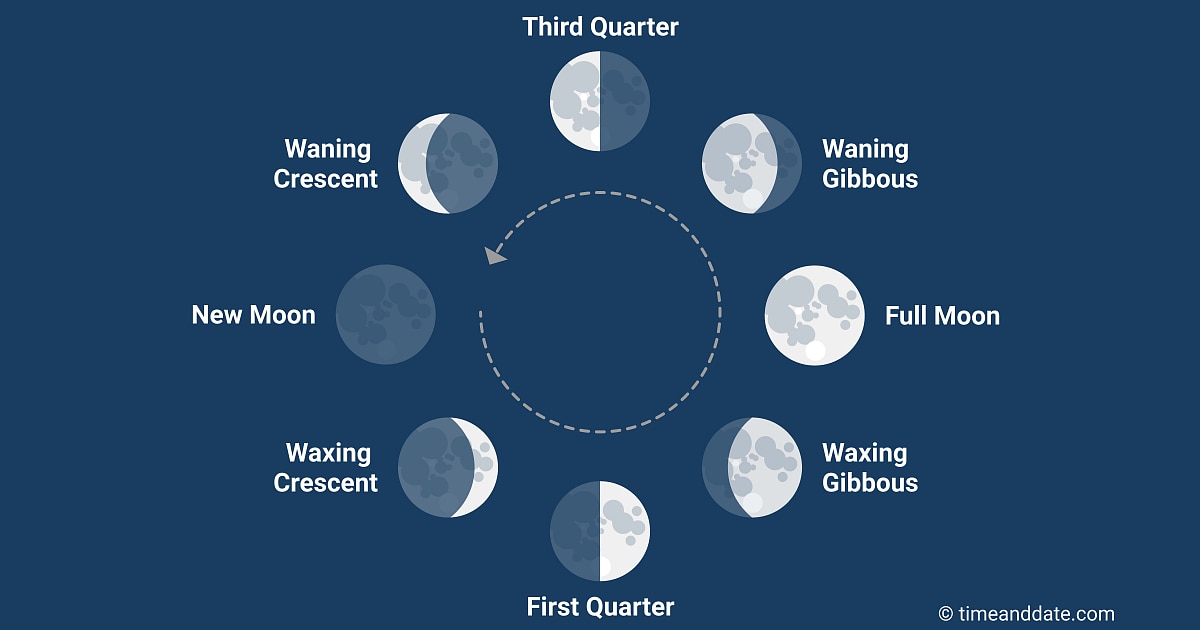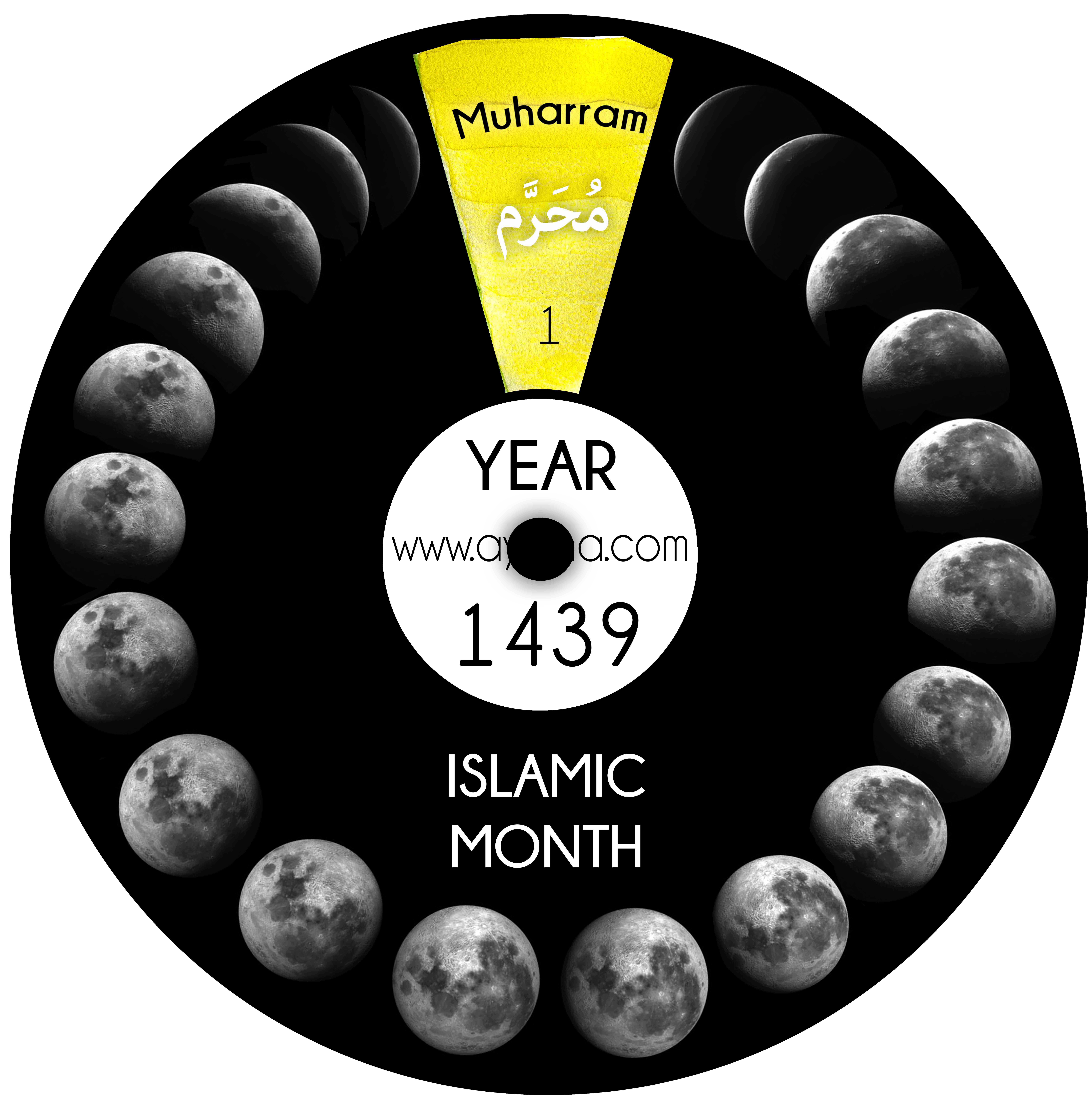Stay organized with a detailed holiday monthly calendar. View all the national and international holidays month by month, helping you plan vacations and special events easily.

With great pleasure, we will explore the intriguing topic related to The Lunar Cycle: The Foundation of the Islamic Calendar. Let’s weave interesting information and offer fresh perspectives to the readers.



The Islamic calendar, a system of timekeeping deeply entwined with the faith and practice of Islam, stands unique among the world’s major calendars. Unlike the Gregorian calendar, which is solar-based, the Islamic calendar is lunar, meaning it is synchronized with the cycles of the moon. This fundamental difference shapes the calendar’s structure, its unique rhythm, and its significance within Islamic life.

The Islamic calendar is based on the lunar cycle, the time it takes for the moon to complete one full revolution around the Earth. This cycle, known as a synodic month, lasts approximately 29.5 days. The Islamic calendar, therefore, consists of 12 lunar months, each beginning with the sighting of the new crescent moon. This lunar observation, a tradition deeply rooted in Islamic history, ensures the calendar’s alignment with the celestial cycle.

The lunar nature of the Islamic calendar creates a distinct rhythm compared to the Gregorian calendar. Due to the difference in the length of the lunar and solar years, the Islamic calendar shifts approximately 11 days each year relative to the Gregorian calendar. This means that Islamic holidays, such as Ramadan and Eid, fall on different dates in the Gregorian calendar each year.

The Islamic calendar, rooted in the lunar cycle, is more than just a system of timekeeping. It is a reflection of the Islamic worldview, emphasizing the importance of the celestial order and the interconnectedness of time, faith, and practice. It serves as a constant reminder of the divine order, guiding Muslims in their religious observances and connecting them to a shared history and tradition.

The beginning of each Islamic month is determined by the sighting of the new crescent moon. This practice, known as "hilal sighting," is based on the direct observation of the moon’s thin crescent at the end of the lunar cycle.

The Islamic calendar is lunar because it is based on the lunar cycle, as ordained by the Prophet Muhammad. This aligns with the calendar used by the early Muslims, who relied on the moon’s phases for timekeeping.

The Islamic calendar is lunar, while the Gregorian calendar is solar. This means that the Islamic calendar is based on the moon’s cycles, while the Gregorian calendar is based on the Earth’s revolution around the sun.
Islamic holidays are determined by the lunar calendar, which shifts approximately 11 days each year relative to the Gregorian calendar. This means that Islamic holidays, such as Ramadan and Eid, fall on different dates in the Gregorian calendar every year.
While the Islamic calendar is primarily used by Muslims, it is also used by some non-Muslims for historical and cultural reasons. It is particularly relevant for communities with a strong Islamic influence or those who interact with Islamic cultures.
The Islamic calendar, a testament to the enduring influence of the lunar cycle on human timekeeping, continues to play a vital role in the lives of Muslims worldwide. Its unique rhythm, its connection to religious observances, and its role in fostering a shared identity make it an integral part of Islamic culture and practice. By understanding the lunar calendar and its significance, we gain a deeper appreciation for the rich tapestry of Islamic traditions and the profound impact of celestial cycles on human societies.








Thus, we hope this article has provided valuable insights into The Lunar Cycle: The Foundation of the Islamic Calendar. We thank you for taking the time to read this article. See you in our next article!
Your email address will not be published.